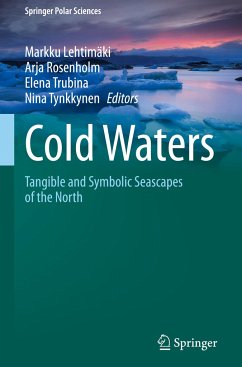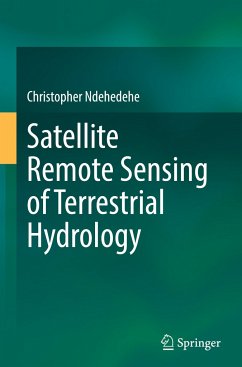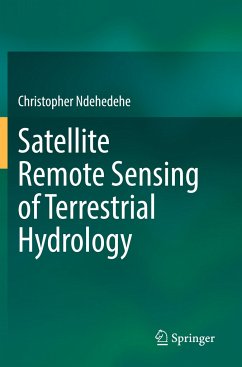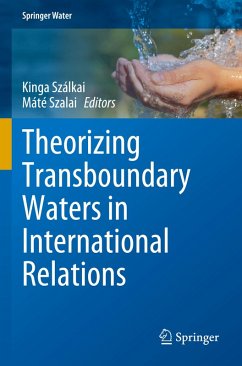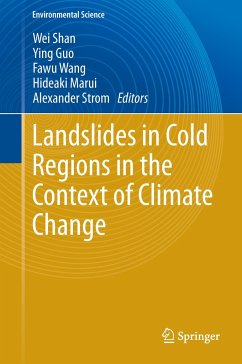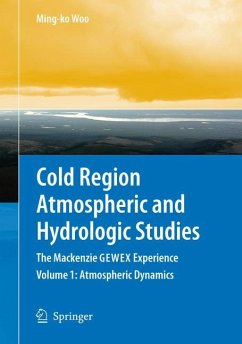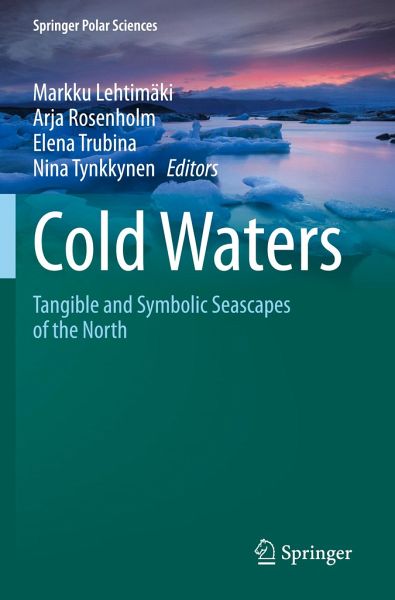
Cold Waters
Tangible and Symbolic Seascapes of the North
Herausgegeben: Lehtimäki, Markku; Rosenholm, Arja; Trubina, Elena; Tynkkynen, Nina
Versandkostenfrei!
Versandfertig in 6-10 Tagen
106,99 €
inkl. MwSt.

PAYBACK Punkte
53 °P sammeln!
This book addresses the Arctic and the northern regions by exploring cold waters and northern seascapes. It focuses on cultural discourses and artistic representations concerning the human experience and imagination of how the Arctic Ocean has been explored and used. It aims to assess what is specific to the northern waters vis-à-vis other sea and water areas in the world. The contextual background is provided by the fundamental shift from terra-based thinking towards aqua-based thinking, including the histories of the northern waters and the innovative ocean studies of the last decades.This ...
This book addresses the Arctic and the northern regions by exploring cold waters and northern seascapes. It focuses on cultural discourses and artistic representations concerning the human experience and imagination of how the Arctic Ocean has been explored and used. It aims to assess what is specific to the northern waters vis-à-vis other sea and water areas in the world. The contextual background is provided by the fundamental shift from terra-based thinking towards aqua-based thinking, including the histories of the northern waters and the innovative ocean studies of the last decades.
This book will be of interest to readers in Arctic studies and Sea and Ocean studies (including those with interests in literature, history, cultural and film studies, anthropology and politics), Environmental History and Cultural studies as well as in Russian studies.The book has been assembled with a view towards upper-level undergraduate and post-graduate students and scholars and will also be appropriate for courses in the fields mentioned above. The book will be of interest to specialists working in and with Arctic environmental issues. There is a broad array of international academic networks, environmental, governance and cultural associations outside academia whose members may also find the book of interest.
This book will be of interest to readers in Arctic studies and Sea and Ocean studies (including those with interests in literature, history, cultural and film studies, anthropology and politics), Environmental History and Cultural studies as well as in Russian studies.The book has been assembled with a view towards upper-level undergraduate and post-graduate students and scholars and will also be appropriate for courses in the fields mentioned above. The book will be of interest to specialists working in and with Arctic environmental issues. There is a broad array of international academic networks, environmental, governance and cultural associations outside academia whose members may also find the book of interest.





